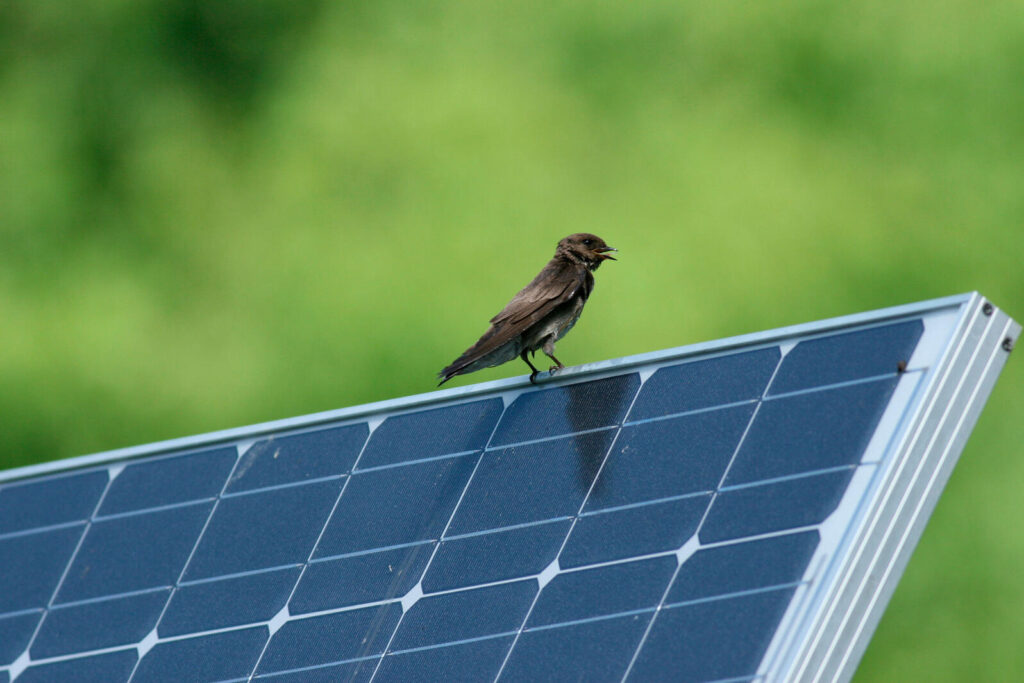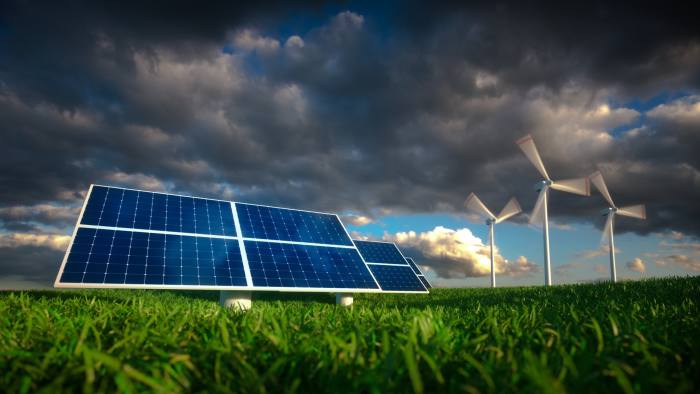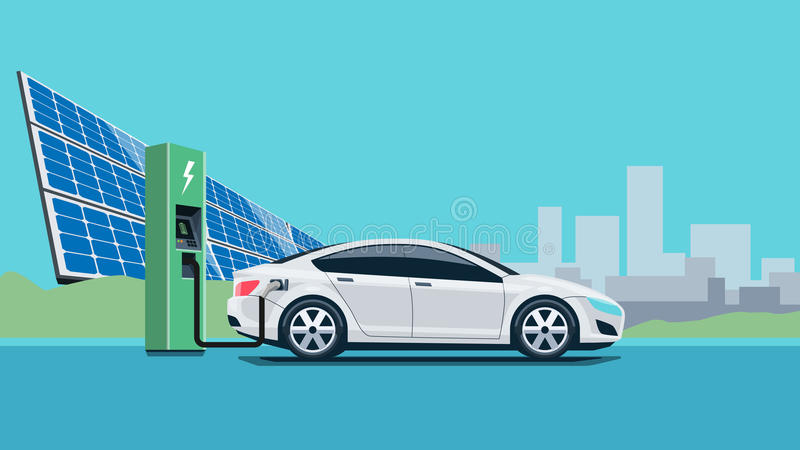
Your solar panels work best when the sun is shining the brightest, making summer the favorite season. But this doesn’t mean you cannot optimize the generation during non-peak months. By being aware of the factors affecting energy generation, you should be able to boost your solar panel efficiency even during winter. This requires some tweaks in your solar panel installation.
Factors affecting solar energy production:
Temperature:
If your solar panels get too heated up, the photons will dislodge too many electrons from the atoms and get them all ‘excited’. This reduces your voltage and hence also your electricity generation. Overheating clearly is bad for your solar panel efficiency. With every degree above 25 degrees Celsius, the efficiency will drop by about 0.25%. To optimize output, try to maintain the temperature at 25 degrees Celsius.
Shading:
If a shade falls on just one part of your solar panel installation, you might think that the rest of the panel will work fine and still generate electricity. But that’s not how they work. Cells are connected in series and any obstruction in any part of the panel will affect the flow of electricity overall. So before installing solar panels, top solar companies in Mumbai and beyond will try to avoid the shaded areas as much as possible.
Rooftop (terrace) orientation:
To get maximum exposure to direct sunlight, your solar panels must be mounted at the perfect angle. Since the sun changes its position throughout the day, this angle must change as well. This however can’t be done manually and requires automatic technologies that the hi-tech solar EPC companies in Mumbai and the rest of the country are offering these days.
Cleanliness of solar panels:
Dust, dirt, or water droplets can block the exposure of the solar panel surface to sunlight. This can adversely affect solar panel efficiency. Thus solar panels must be wiped clean at least once a month to ensure maximum output.
Location:
Solar panel installation in Mumbai will be different from that in Srinagar or Shimla. The insolation or the amount of energy falling on every cm2 per minute will vary from one location to another. This naturally will have an impact on the energy generated by the solar panels in different locations.
Effects of Rain, Storm, and Cold Weather on Solar Panels:
A high-quality solar panel installation can withstand extreme weather like monsoon rains and storms. The glass layering on the panel doesn’t let the water stand and also protects the solar panels against too much surface heating. However, lightning strikes can damage your panels due to a sudden rise in voltage. Winters are a time when the electricity generation is somewhat reduced, but you can nonetheless use battery backups to store the electricity.
The Importance of Annual Energy Production:
When installing solar panels at home or at your business, taking the annual energy production into consideration is important. Energy production varies from season to season and month to month. So while some days, your panels may not produce enough electricity owing to seasonal or weather-related factors, the overall annual production must be taken into account, while evaluating solar as an alternative energy source.
Need more information about the feasibility of installing solar panels in your facility? Give us a call at 022 43436655 or email us at marketing@vemc.co.in. VEMCO is the leading name when it comes to solar panel installation, solar EPC, and maintenance services.





